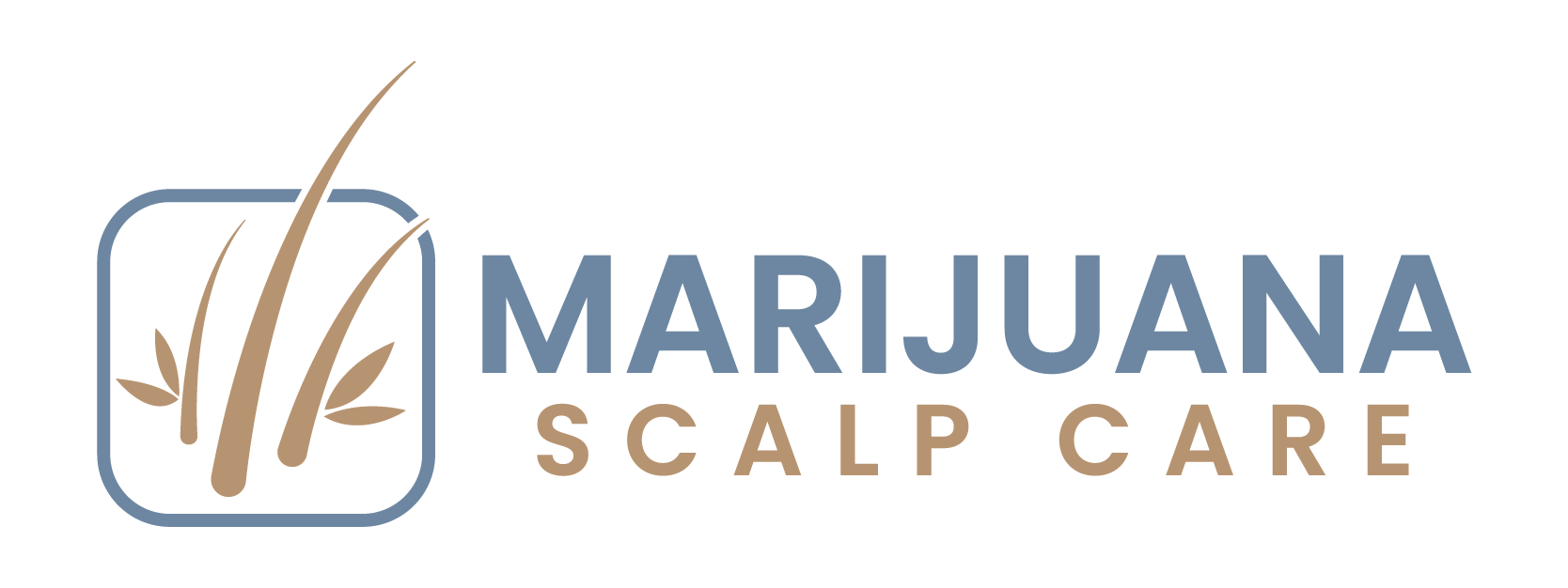Marijuana Scalp Care, Explained: The Science Behind the Trend
Marijuana scalp care refers to shampoos, oils, serums, and leave-ins formulated with cannabis-derived ingredients—most commonly cannabidiol (CBD), along with other cannabinoids such as CBG and hemp seed oil.
How THC and CBD Affect Scalp Health—Similar System, Different Outcomes
The scalp possesses its own endocannabinoid system (ECS), a network of receptors, enzymes, and lipid messengers that regulate vital processes such as sebum production, inflammation, and hair-growth cycles.
Restoring Scalp Health with Cannabis: What Users Should Know
In recent years, marijuana-derived ingredients have gained recognition in the beauty and wellness industries for their therapeutic potential.
Understanding Trichologists: Experts in Hair and Scalp Health
A trichologist is a specialized professional focused on the health of the hair and scalp. The term “trichology” comes from the Greek word “trichos,” meaning hair.

